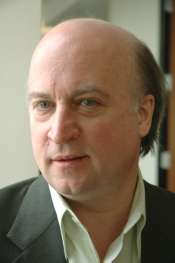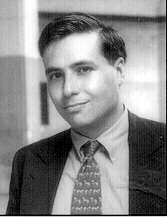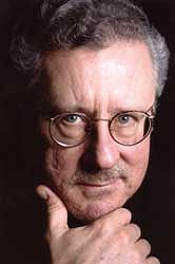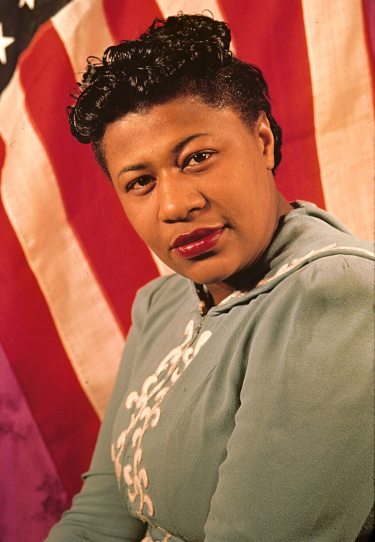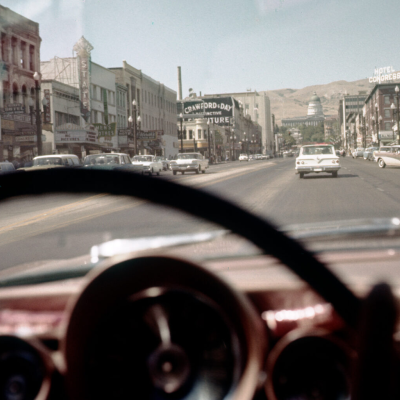Anthony Bianco, author of Ghosts of 42nd Street
Beginning in 1899, a burst of construction on the mid-Manhattan block of West 42nd Street between Broadway and Eighth Avenue created the greatest concentration of theaters America had ever seen, giving birth to today’s Broadway theater district. When the New York Times built a slender twenty-five-story tower on an odd, triangular site formed by the convergence of 42nd Street, Broadway, and Seventh Avenue, the city named the square facing the tower Times Square, which quickly became New York’s gathering place for all important civic events.
...December 3rd, 2004




